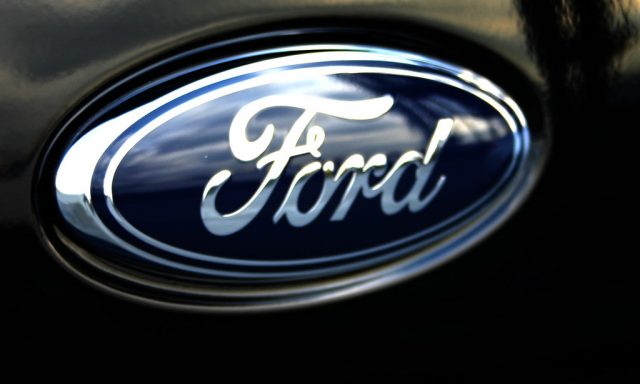(COLUMBUS, Ohio) — Ohio Attorney General Dave Yost and 40 other attorneys general today announced a $19.2 million multistate settlement with Ford Motor Co. over false advertising.
“Ford ran a red light, and the law pulled them over,” Yost said. “Time to pay the ticket – and it’s a big one.”
Ford misrepresented the fuel economy of its 2013 and 2014 C-Max hybrids and the payload capacity of its 2011-2014 Super Duty pickup trucks – violating Ohio’s consumer protection laws.
Ford’s ads for the C-Max misrepresented the real-world fuel economy and the distance that the hybrid could drive on one tank of gas; it also claimed that driving style would not impact the fuel economy.
Ford ran a series of ads that were narrated like an Olympic sporting event and falsely depicted the C-Max as having better fuel economy and driving performance than the Toyota Prius. In fact, the company twice had to lower the C-Max’s fuel economy ranking from 47 mpg in the city and highway to 42 mpg/city and 37 mpg/highway.
Furthermore, Ford claimed “Best-in-Class” payload capacity for its F-250, F-350 and F-450 models, a Super Duty pickup line that caters to consumers who haul and tow heavy loads.
Before calculating the maximum payload, Ford stripped the pickup of standard items – a spare wheel, tire and jack; center flow console (replacing it with a mini-console); and radio – in order to increase the payload capacity by roughly 40 pounds.
Although Ford advertised the Best-in-Class payload as available to all consumers, only fleet purchasers could order trucks equipped to achieve the advertised payload capacity. Individual consumers could not buy a Super Duty pickup that realized Ford’s Best-in-Class payload claims.
The settlement prohibits Ford from making false or misleading advertising claims regarding estimated fuel economy and payload capacity going forward regarding its new motor vehicles.
The settlement was led by Oregon, Texas, Illinois, Maryland, Vermont and Arizona and joined by the attorneys general of 35 additional states and jurisdictions.









